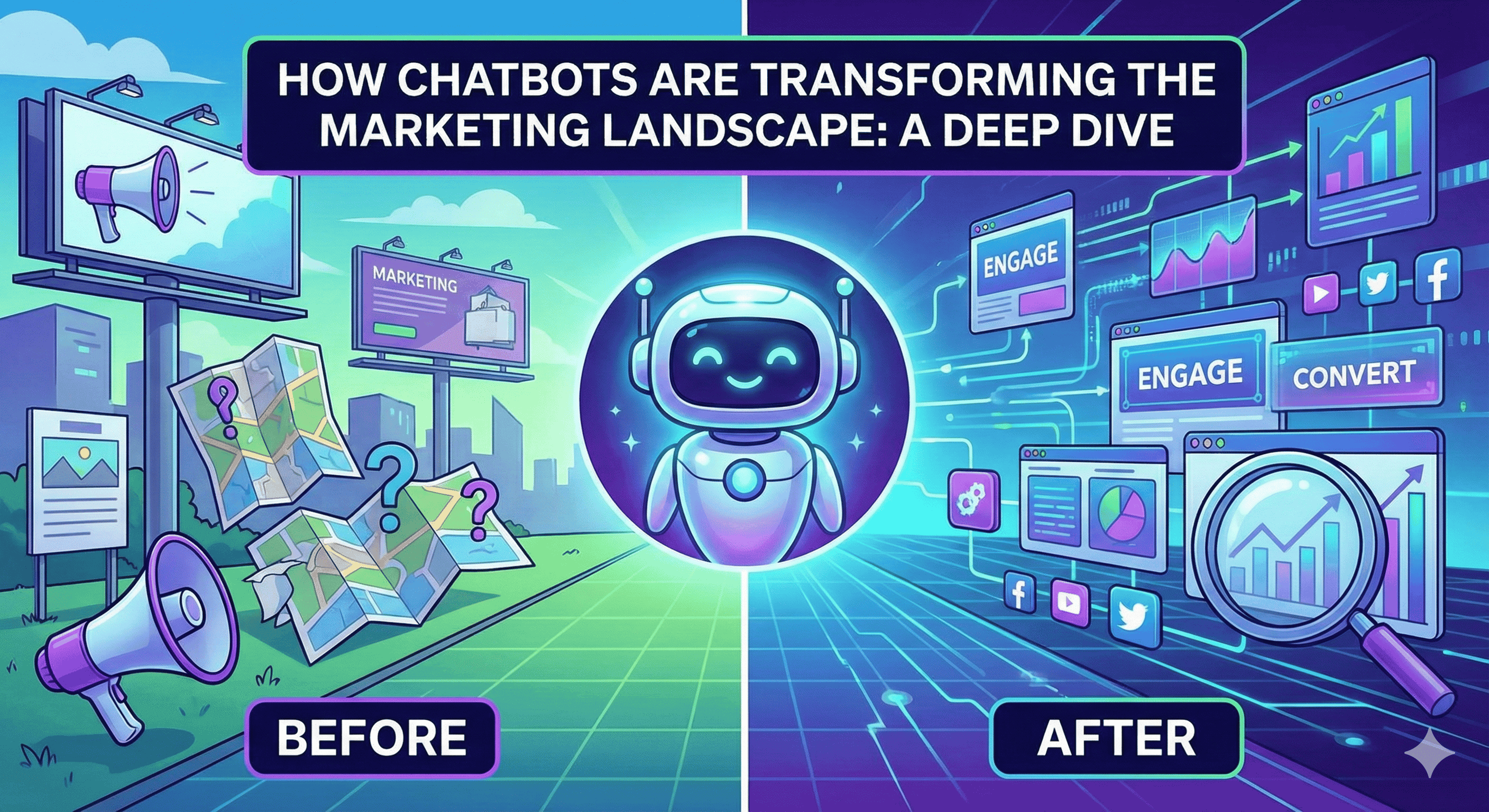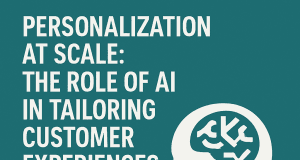In the fast-paced world of digital marketing, brands are increasingly turning to artificial intelligence (AI) to gain a competitive edge, enhance customer engagement, and drive sales. This article explores several compelling case studies where brands have successfully harnessed AI technologies to revolutionize their marketing strategies.
1. Coca-Cola: Personalization at Scale
Challenge
Coca-Cola sought to enhance customer engagement through more personalized marketing while managing a vast global audience.
Solution
By leveraging AI-driven analytics, Coca-Cola analyzed consumer data to create targeted marketing campaigns. The company used machine learning algorithms to identify patterns and preferences in consumer behavior, enabling it to send personalized offers and recommendations.
Results
The campaign led to a substantial increase in customer engagement, with a reported 440% rise in the engagement on their targeted ads. Personalization drove higher conversion rates, resulting in increased sales and a stronger emotional connection with the brand.
2. Nike: AI-Powered Design
Challenge
Nike needed to keep up with rapidly changing consumer preferences while maintaining its reputation for innovative product design.
Solution
Nike deployed AI algorithms to analyze vast datasets, including customer feedback, social media trends, and market patterns. This AI-driven insight enabled Nike’s design team to create products that resonated with customer desires more effectively.
Results
The introduction of AI into the design process led to a more agile product development cycle, resulting in the successful launch of several popular collections. This strategy not only minimized waste but also increased overall sales, contributing to a significant boost in revenue.
3. Starbucks: Intelligent Customer Engagement
Challenge
Starbucks aimed to enhance customer loyalty and improve the personalization of its rewards program.
Solution
The company launched the "My Starbucks Barista" feature, powered by AI, within its mobile app. This feature allows customers to place orders through voice commands and receive personalized recommendations based on their previous purchases and preferences.
Results
Starbucks reported a remarkable increase in mobile orders and engagement. The loyalty program saw a significant uptick in active members, with customers appreciating the tailored recommendations. This innovative approach not only boosted sales but also strengthened customer loyalty.
4. Amazon: Product Recommendations and Dynamic Pricing
Challenge
Amazon needed to enhance the customer shopping experience and optimize pricing strategies to stay ahead in a highly competitive retail environment.
Solution
Amazon deployed sophisticated AI algorithms to analyze user behavior, preferences, and purchase history. This enabled the platform to deliver personalized product recommendations and implement dynamic pricing strategies that adjust in real-time based on market demand and competitor prices.
Results
The personalized recommendations led to a 29% increase in sales for Amazon. The dynamic pricing strategy helped the company maintain its reputation for competitive pricing, ensuring customer satisfaction while boosting profit margins.
5. Spotify: Data-Driven Music Recommendations
Challenge
Spotify aimed to enhance user experience and discoverability while managing a vast library of music.
Solution
Utilizing machine learning algorithms, Spotify analyzed user listening habits and preferences to curate personalized playlists and recommendations. The "Discover Weekly" feature became a cornerstone of Spotify’s user engagement strategy.
Results
The introduction of AI-driven recommendations resulted in increased user retention, with millions of users exploring new music thanks to personalized playlists. This not only enhanced the user experience but also contributed to significant increases in subscription revenue.
Conclusion
These case studies illustrate the transformative power of AI in marketing. Brands like Coca-Cola, Nike, Starbucks, Amazon, and Spotify have successfully leveraged AI technologies to enhance customer engagement, drive sales, and optimize operations. As AI continues to advance, we can expect even more brands to embrace intelligent marketing strategies, ultimately reshaping the landscape of consumer interactions.
Final Thoughts
In an era defined by rapid technological advancements, the ability to harness AI for intelligent marketing represents a crucial competitive advantage. Brands that prioritize AI-driven strategies will not only meet the demands of today’s consumers but will also pave the way for sustainable growth and innovation in the future.









